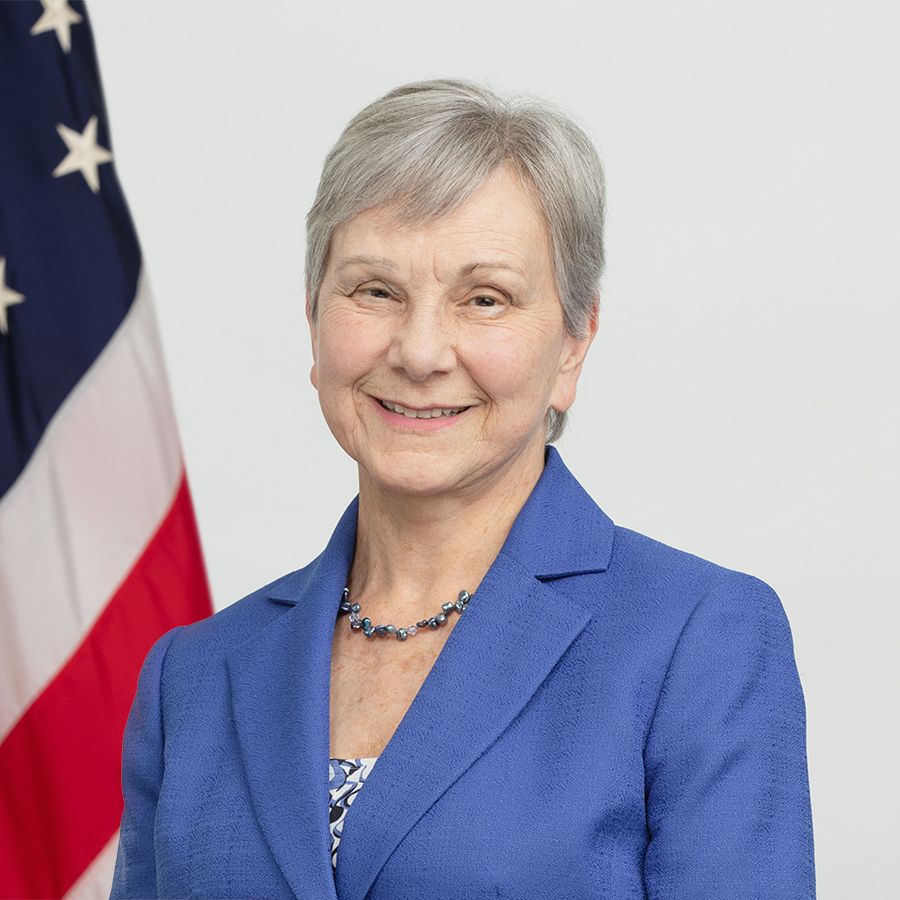- Safety & Recalls
- Regulatory Updates
- Drug Coverage
- COPD
- Cardiovascular
- Obstetrics-Gynecology & Women's Health
- Ophthalmology
- Clinical Pharmacology
- Pediatrics
- Urology
- Pharmacy
- Idiopathic Pulmonary Fibrosis
- Diabetes and Endocrinology
- Allergy, Immunology, and ENT
- Musculoskeletal/Rheumatology
- Respiratory
- Psychiatry and Behavioral Health
- Dermatology
- Oncology
FDA Issues EUA for Booster of Pfizer’s COVID-19 Vaccine
People over the age 65 and those at high risk of severe COVID-19, including health care workers and those with occupational exposure, are eligible for the booster.
The FDA has updated the emergency use authorization (EUA) for the Pfizer-BioNTech COVID-19 vaccine to allow for use of a single booster dose for:
- People 65 years of age and older;
- People through 64 years of age at high risk of severe COVID-19; and
- People 18 through 64 years of age at risk for occupational exposure to COVID-19.
The FDA authorized the booster to be given at least six months after completion of the primary vaccination.
Janet Woodcock, M.D.

“This pandemic is dynamic and evolving, with new data about vaccine safety and effectiveness becoming available every day. As we learn more about the safety and effectiveness of COVID-19 vaccines, including the use of a booster dose, we will continue to evaluate the rapidly changing science and keep the public informed,” Acting FDA Commissioner Janet Woodcock, M.D., said in a statement.
This authorization comes less than a week after the FDA’s Vaccines and Related Biological Products Advisory Committee voted 16-2 against full approval for the use of Pfizer’s vaccine, now called Comirnaty, in people over the age of 16. But they did vote unanimously to provide an emergency use authorization of the vaccine as a booster after six months for those over the age of 65 and those at high risk of severe COVID-19.
Read more about the committee’s decision
Pfizer and BioNTech continue to supply the vaccine under their existing supply agreement with the U.S. government, which continues through April 2022. Executives from the companies do not expect the introduction of booster doses in the United States to impact the existing supply agreements in place with governments and international health organizations.
We will continue to monitor new SARS-CoV-2 strains, to be prepared for potential emerging escape variants,” Ugur Sahin, M.D., CEO and co-founder of BioNTech, said in a statement. “We and our collaboration partner have submitted booster data to other regulatory agencies around the world. We are simultaneously working to expand access to our vaccines globally.”
The U.S. Centers for Disease Control and Prevention’s Advisory Committee on Immunization Practices (ACIP) will meet to discuss a potential recommendation for the use and rollout of boosters.
FDA Sets Date of Advisory Committee Meeting for Donanemab in Alzheimer’s Disease
May 7th 2024The Peripheral and Central Nervous System Drugs Advisory Committee will meet on Monday, June 10, 2024, to discuss the phase 3 trial of Lilly’s donanemab to treat patients with early symptomatic Alzheimer’s disease.
